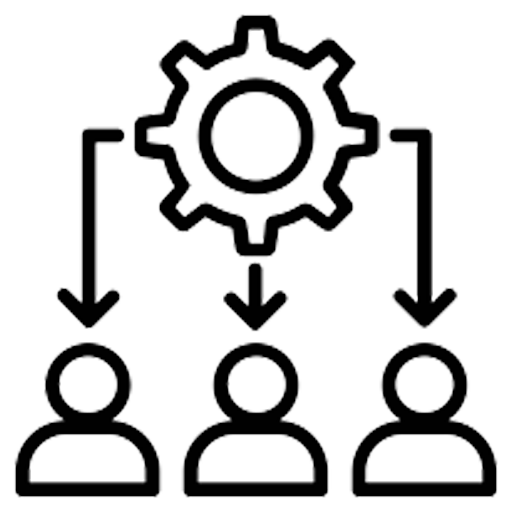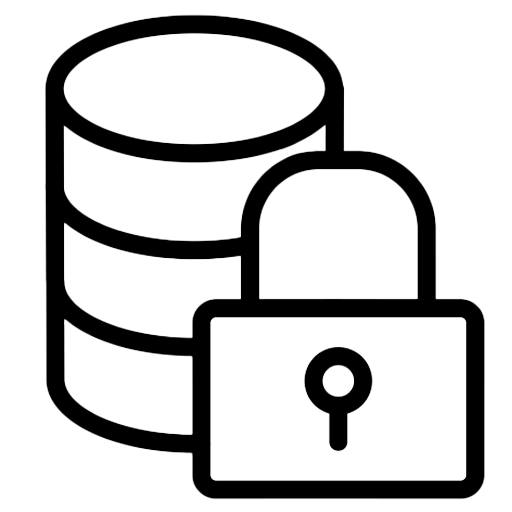
Home » Global Services » Cybersécurité
Cybersecurity: Fortifying your business against cyber attacks
The digital transformation journey is the onset of a paradoxical relationship between digital advancement and robust security protocols. The complexity of security however impedes the speed of the transformation journey. In this digital realm, cybersecurity encompasses strategies to ensure the confidentiality, integrity, and availability of critical information. With each passing day, we get to witness new threats, attacks, risks, and regulatory demands, further entwining the web of cybersecurity challenges. This complexity is further compounded by the task of overseeing a growing multitude of endpoint devices requiring protection. Furthermore, the scarcity of proficient security consultants exacerbates the situation, making the mere act of keeping up a daunting endeavour. Read More..
We at STL provide robust protection of digital assets with our suite of advanced solutions leveraging cutting-edge technologies and comprehensive threat intelligence. Our teams are equipped with hands-on experience in advanced security systems that use machine learning algorithms and real-time anomaly detection to preemptively identify and neutralize risks. Our cybersecurity framework encompasses a range of services, ensuring that an organization maintains a resilient defence posture in this intricate cybersecurity landscape. Read Less..






Strengthen the security of networks, routers, and communication channels to prevent unauthorized access and data interception.

Secure individual devices like computers, smartphones, and IoT devices to prevent malware infections and unauthorized access.

Ensure the security of software applications, cloud services, and workloads to prevent vulnerabilities and data leaks.

Implement strong user authentication and access controls to prevent unauthorized account access and data breaches.

Encompasses a set of measures, practices and technologies aimed at protecting digital information from unauthorized access, alteration, and theft.
The 3 lines of defence outline the multiple layers that organisations employ to secure their digital assets.
The first line of defense lies with the business and process owners such as end users and IT administrators, who are responsible for day-to-day cybersecurity activities. The primary focus is on maintaining security policies, procedures and effective internal controls to identify and access controls and mitigate risks effectively.
The second line supports management to ensure risk and controls are effectively managed. It includes risk management and compliance, which build and monitor the effectiveness of the first line’s security measures.
The third line of defence ensures that the first and second lines' efforts are in accordance with expectations. It is responsible for independent assurance and audit functions, carried out by internal audit teams and external auditors. They provide insights and recommendations followed by a thorough assessment. Thus, bring in a systematic approach to improving the effectiveness of risk management and governance processes.
In today’s digital world, data is becoming more valuable than ever. Cybersecurity safeguards sensitive data, privacy, financial data, intellectual property and critical infrastructure from unauthorised access. One single security breach can lead to exposing the personal information of millions of people. These breaches will have a strong impact on the financial status of the companies and will eventually lose the customer’s trust. Hence, cybersecurity plays a major role in protecting our businesses, national security and deterrence of cybercrime.
The top cybersecurity threats are
Please wait while you are redirected to the right page...
